Experts say these 21 e-commerce and retail players are the most likely IPO in 2021 after a year that saw online shopping undergo 10 years worth of growth in 90 days
Áine Cain

- An explosion in online shopping and the possibility of loosened restrictions could make 2021 a major year for e-commerce initial public offerings.
- Business Insider interviewed three experts in the e-commerce space to get a sense of which companies in the direct to consumer and business-to-business space could go public.
- From Stripe to Flipkart to Mytheresa, here are the e-commerce players that could go public next year.
2020 has been a huge year for e-commerce. The coronavirus pandemic has fostered soaring online sales, as customers avoid stores. A spate of e-commerce brands have posted recent initial public offerings, including shopping app Wish and food delivery company Doordash.
E-commerce platform Shopify estimated that retail e-commerce saw a decade's worth of growth in 90 days "at the height of the COVID-19 pandemic. But 2021 could be even bigger for the online retail space, as e-commerce brands turn to IPOs to build up - or salvage - their business.
Global X research analyst Pedro Palandrani previously told Business Insider that "e-commerce is just getting started," and will likely continue to soar even after COVID-19 vaccines become available.
Warby Parker

From the lens of customer acquisition, online glasses retailer Warby Parker is clearly in a position of strength, according to Harbor Retail vice president of retail strategy and insights DeAnn Campbell. She said "customer acquisition for direct to consumer is like rent for brick and mortar" — it's one of the major barriers to attaining profitability.
According to Campbell, Warby Parker "figured that out a long time ago," thanks to its well-established customer base.
"Everyone is asking, 'When will they go IPO?' and 'Will they go IPO?" she said.
Launched in 2010, Warby Parker is a brand name operating out of a company called JAND Inc. The company raised $75 million in its Series E funding in 2018, and has raised $300 million since its launch, CNBC reported. According to TechCrunch, the company was most recently valued at $3 billion.
Netalico Commerce e-commerce solutions architect Mark Lewis said that the glasses brand has "big potential" and could accrue "some liquidity" for investors by launching an IPO in the coming months.
Campbell said that she personally doesn't believe Warby Parker needs to go public. However, if the Securities Exchange Commission ultimately loosens the rules to allow companies to go public through a direct listing, Campbell said Warby Parker may be one of the companies to take advantage by skipping the expense of an IPO in favor of a direct listing.
OfferUp

Founded in 2011, OfferUp is a consumer-to-consumer online marketplace. Mark Lewis of Netalico Commerce characterized it as a "Craigslist-meets-Facebook" type of user experience that allows consumers to sell items on a local scale.
"I sold a treadmill that I had the other day on OfferUp," he said. "I just listed it and people could message me in the app."
In March, Crunchbase reported that the company acquired its rival Letgo and raised $120 million in new funding.
Lewis said that the convenience offered by the platform — which he said "works really well" — is a major selling point. As a result, he said that there's been speculation that they might launch an IPO in the near future.
"I know that they've like raised a lot of funding and I think know they're doing pretty well," he said.
Instacart

Instacart has seen a tremendous 2020, engaging in a massive hiring spree and building out an advertising business to compete with Walmart and Amazon. In November, Reuters reported that Instacart had taken on Goldman Sachs to lead its IPO. The company was seeking a $30 billion valuation.
"I think Instacart can use this to really fuel their continued growth," Watson said
CNBC reported that the delivery app's public offering could launch early in 2021.
Rent the Runway
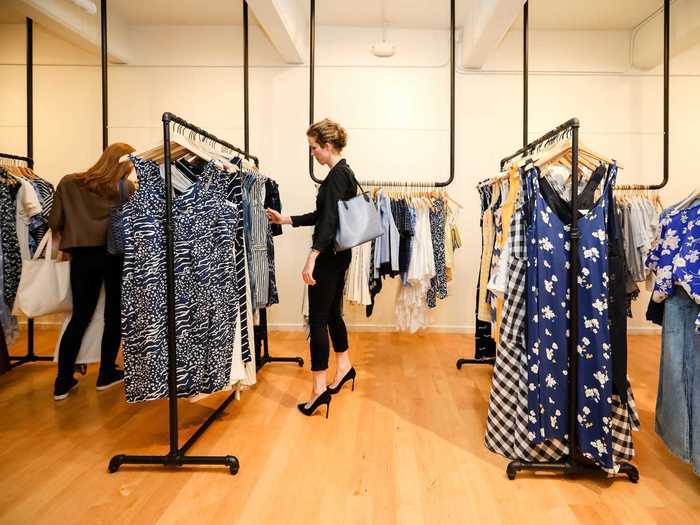
The coronavirus pandemic dished out a major stumble for fashion rental company Rent the Runway, as many consumers opted for less fancy wardrobe options to work from home.
Still, Campbell said that there's still room for hope for the brand, which was founded in 2009.
"The bulk of their customers did not cancel their memberships," she said. "They just put them on hold."
That being said, Campbell said that Rent the Runway likely is "going to need to do something" to stay viable. An acquisition seems unlikely because "there's really nobody out there who can that business model very well." An IPO would provide a much-needed "cash infusion."
"I think an IPO would benefit them greatly because the circular economy for apparel is one of the biggest growth areas in retail going forward," she said.
Stripe

Founded in 2010, financial software company Stripe recently raised $600 million in an extended Series G round of fundraising. Earlier in 2020, the company was valued at $36 billion.
According to RMW Commerce Consulting CEO and founder Rick Watson, Stripe "powers a huge amount of payments around the world, including all of Shopify payments."
Still, Lewis said that Stripe is a "controversial" pick in terms of companies that may IPO soon because founding brothers Patrick and John Collison have been adamant that they are "happy" remaining private.
"Just with everything that's going on, I think that like they could do well in an IPO," Lewis said. "There's a lot of hype around e-commerce right now."
Lewis said that, if Stripe were to go public, they might be valued more than Shopify because "they just run so many of the payments on the internet now."
Glossier

Founded in 2014, Glossier is a $1.2 billion beauty brand with strong e-commerce fundamentals. That's not surprising, given its founder Emily Weiss got started by selling makeup directly to consumers via Instagram.
Campbell said that Glossier is a brand that could potentially benefit from an IPO — or some other influx of cash — next year. She said that the company could also opt for a merger or an acquisition, to better afford a brick-and-mortar presence.
"They pulled back on their store strategy, but they do need stores," she said.
Flipkart

Flipkart is an e-commerce giant operating out of India. Walmart bought a controlling stake in the company for $16 billion in 2018. But e-commerce experts predict that the Flipkart is becoming so big that, if Walmart doesn't acquire it soon, it could break away from the Arkansas-based retail giant in the coming months.
Lewis said that it's "very possible that Walmart might like try to acquire" Flipkart, given its success in fostering e-commerce penetration in the Indian market.
Watson said that by filing an IPO in the United States, Flipkart could open itself up to more "institutional money" and "financial backers."
"I think it'd be kind of a coming-out party for Indian e-commerce overall and the potential in that market," Watson said.
Flipkart CEO Kalyan Krishnamurthy previously told Business Insider that his company believes e-commerce will be a $100 billion industry in India by 2024.
Everlane
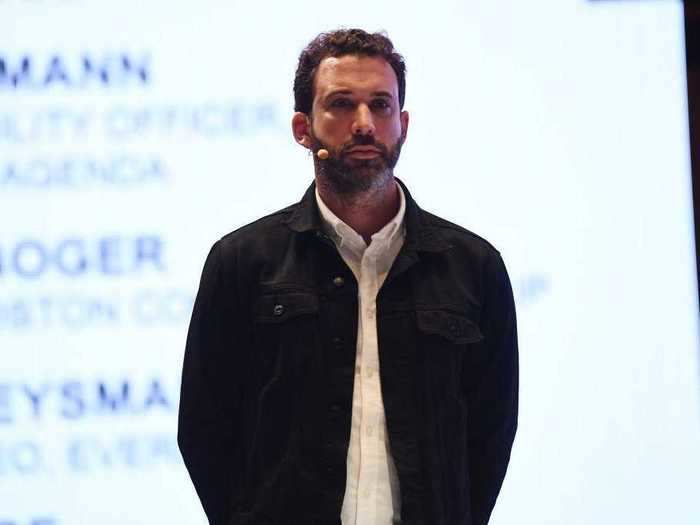
Everlane is an online apparel retailer that has branched out into stores.
Established in 2010, Everlane's two founders were Michael Preysman and Jesse Farmer. Preysman stuck around as the brand's CEO, while Farmer left in 2012.
During the coronavirus pandemic, Everlane underwent major layoffs. The brand was also criticized by Sen. Bernie Sanders for firing employees in the process of unionizing.
Campbell said that IPOs can provide "an exit strategy for founders." She speculated that Everlane may look to go public because its remaining co-founder Preysman could wish to "build something new."
Rothys
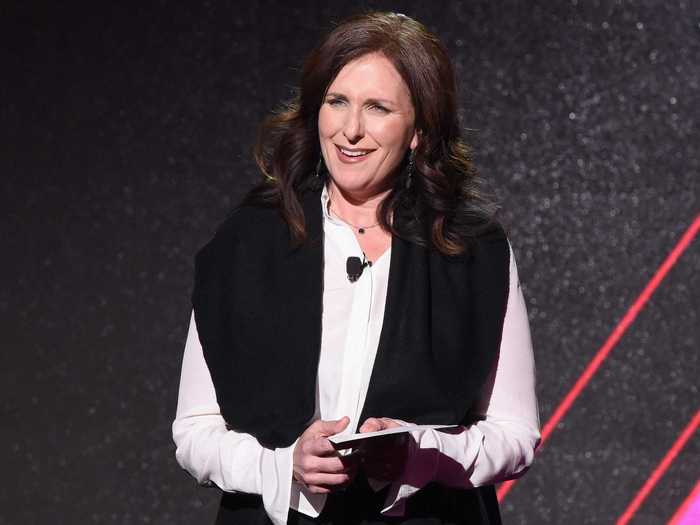
Direct-to-consumer apparel brand Rothy's was valued at $700 million in 2019, according to Forbes.
But Campbell said that the brand likely "needs the money" that an IPO filing could bring, thanks to its expansion into brick and mortar stores.
"There is a lot of pressure," she said.
Klaviyo
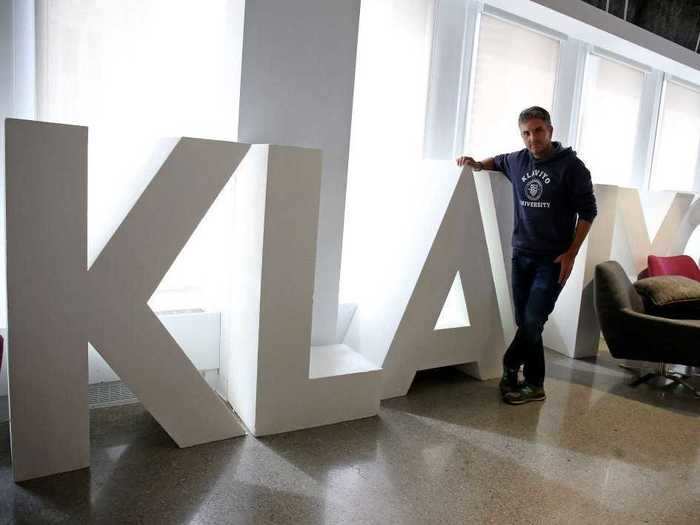
Klaviyo is a personalized email marketing company that is currently weighing an IPO filing, according to the Boston Business Journal.
Lewis likened the Klaviyo to a hyper-specialized MailChimp. He said that 90% of his e-commerce clients use the company for its email services. In 2019, the company raised $150 million in funding.
"Their differentiating factor is that they have fostered e-commerce from the ground up," he said.
Klaviyo focuses on tasks like reminding customers of their abandoned carts, sending targeted emails based on shopping habits.
"It's more intelligent — not just like blasting out a newsletter for everyone," Lewis said. While he says Klaviyo doesn't need to IPO, "e-commerce is just so hot right now, it's very possible that they would just do it in the next 12 months."
goPuff
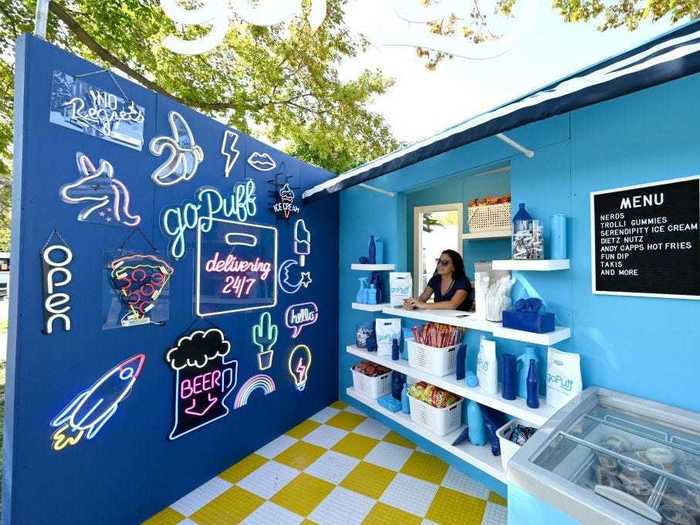
Campbell said that goPuff is a more "under the radar" company that serves as an online-only convenience store.
Founded in 2013, the company runs 200 warehouses as of 2020, and received a valuation of $3.9 billion, TechCrunch reported.
"It started up on university campuses and they've now expanded nationally," Campbell said. "It's not huge yet, but it's extremely popular."
Campbell said that the company could truly "use the money" thanks to their expensive push to go national.
"You order something from their convenience store, and it shows up on your doorstep in 30 minutes or less," she said. "That's hard to do. It takes money to do that, especially because last-mile delivery is so overwhelmed right now."
Wordpress

Automattic is the company that owns WordPress and Tumblr. Founded in 2005, the business also has cultivated a major e-commerce angle over the years.
Lewis said that WordPress's WooCommerce has been a gamechanger in the e-commerce world. The e-commerce plug-in was first launched in 2011, and just recently initiated a stable release in September 2020.
He said that there's "definitely some talk" about Automattic "getting to that level of maturity" of becoming public or being acquired.
thredUP

Online thrift store thredUP filed paperwork for its IPO back in October. The company announced that it confidentially filed an S-1.
Reuters reported that thredUP accrued $175 million in funding in 2019. The e-commerce outfit was founded in 2009 and has attracted investors like Goldman Sachs and Highland Capital Partners.
Contentful

Contentful is a "headless CMS" company that allows brands to sever their "backend" e-commerce services from their "frontend" shops.
"If it's done well from the technology perspective, it's a really great user experience," Lewis said. "It's basically making the web experience a lot more like an app. You'll be on a website and it's going to feel like way faster."
Lewis gave the example of a user clicking a product on a webpage. On a traditional website, the screen would refresh and jump to a new product page. With a headless CMS service, the new product would simply load, without causing the page to jump or refresh.
In June, the company raised $80 million in Series E funding, according to TechCrunch.
Mytheresa

In November, Reuters reported that German e-commerce platform Mytheresa had confidentially filed for an IPO in the United States. Previously, Neiman Marcus had acquired the brand in 2014, Forbes reported.
Campbell said that Mytheresa "needs to raise the funds." Founded in 2006, the company specializes in high-end brands like Gucci and Prada.
Bloomberg reported that the company seeks a valuation of at least $1 billion.
Fabletics

Campbell said that the question of an IPO for Fabletics has long been a matter of "will they or won't they?"
She added that actress Kate Hudson's online subscription sportswear company has a "major growth opportunity" because the apparel industry is currently "in the athleisure sweet spot."
"They're being smart and they're trying to expand," she said. "They just recently expanded into footwear."
Vox reported that Hudson herself has wanted to IPO since 2016. That year, the company became a subsidiary of TechStyle Fashion Group.
"Going IPO would really be the next logical step because they built themselves up to a pretty good space and they have a big and broad clientele," Campbell said. "And they do have a chance to do some pretty significant things if they have cash."
TechStyle Fashion Group

Lewis said he could see TechStyle Fashion Group, the owner of Fableticsm, "going public in the next 12 months."
"Not many people have heard of the name of this company, but they are a big conglomerate," he said.
The online members-only fashion retailer also owns JustFab, Savage X Fenty, and ShoeDazzle. According to Crunchbase, the company has earned $336 million in funding over the years, having been founded in 2010.
TechStyle announced that it had accrued five million VIP subscribers in 2019.
"I know that they've taken a lot of funding and I think they're doing pretty well," Lewis said.
Poshmark
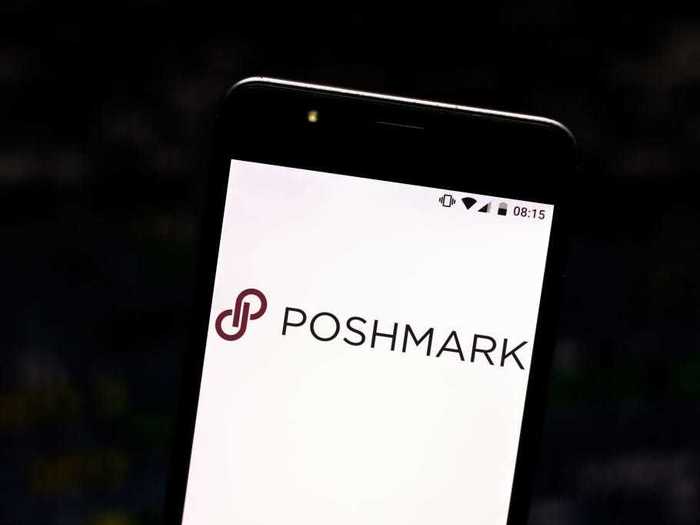
Online sales platform Poshmark's pumped the breaks on its IPO process in 2019, in the interest of patching up some issues before going public.
But sources with insider knowledge have told Business Insider that Poshmark will take another shot at an IPO in December of 2020. But if it gets delayed any further, the company may just could easily end up filing in January 2021.
Bolt

Bolt is a San Francisco-based payment provider that was founded in 2014. According to Lewis, the company does more than simply provide backend support for e-commerce companies. "It basically replaced the whole checkout experience and provides the payments" along with services like fraud protection and product guarantees.
"A couple of our clients use them for their checkout because they like the fraud protection and they don't have to go through a separate company for that," Lewis said.
Earlier in 2020, Bolt raised $50 million in Series C funding, according to Crunchbase.
Klarna

Swedish bank Klarna is a major financial technology player, offering payment services for e-commerce stores. In August, the company's CEO Sebastian Siemiatkowski told the Financial Times that the bank would likely IPO in a year or two. The bank was founded in 2005.
"Payments has been a really hot space in the past year and there has been a lot of innovation," Watson said.
He noted that the fact that Klarna is "even considering going public just shows the growth in e-commerce payments overall."
CommerceHub

Drop-shipping company CommerceHub may be looking to go public for the second time in their history.
The Albany-based software company was previously a subsidiary of Liberty Interactive, Forbes reported. The Albany Business Journal reported that the company is valued at $1.9 billion. Its clients include Costco, Kohl's, Walgreens, and Meijer.
"They've been public before and they were taken private by private equity," he said.
According to Lewis, the company helps "retailers connect to more brands and suppliers so that they could offer more online easily."
READ MORE ARTICLES ON
Popular Right Now
Popular Keywords
Advertisement